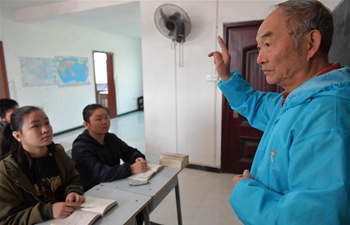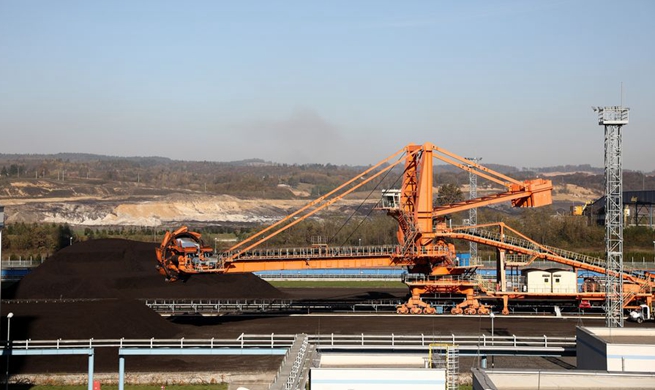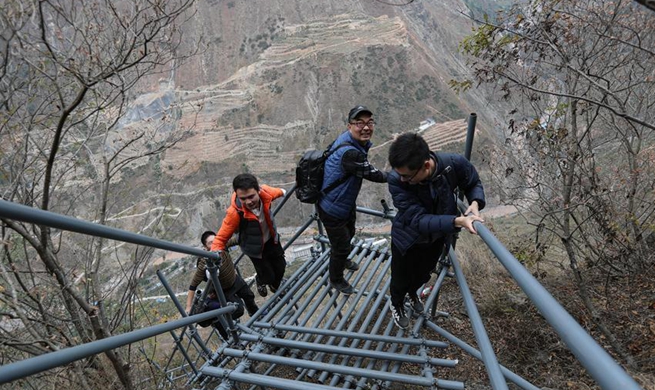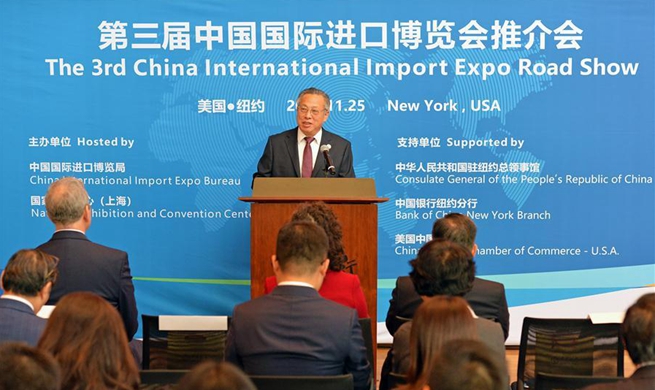BUSAN, South Korea, Nov. 27 (Xinhua) -- Five Mekong countries of Southeast Asia and South Korea on Wednesday agreed to deepen cooperation after holding their inaugural Mekong-Republic of Korea (ROK) summit in the South Korean southern port city of Busan.
The Mekong-ROK summit followed the third Association of Southeast Asian Nations (ASEAN)-ROK Commemorative Summit that ran for two days through Tuesday in Busan to commemorate the 30th anniversary of dialogue relations between the ASEAN and South Korea.
The five Mekong countries refer to Cambodia, Laos, Myanmar, Thailand and Vietnam.
In a joint statement released after the Mekong-ROK summit, the two sides agreed to deepen cooperation in seven new areas: culture and tourism; human resources development; agriculture and rural development; infrastructure; information and communication technology (ICT); environment; and non-traditional security challenges.
They agreed to enhance cooperation through collaborative projects such as preservation and restoration of cultural heritage toward sustainable and smart development of culture and tourism in the Mekong region.
Cooperation for human resources development will be enhanced by promoting vocational education and training as well as education cooperation including through capacity-building in higher education and the improvement of e-learning resources.
The two sides will work together to bring about economic development prosperity in the Mekong region by sharing South Korea's development experiences and jointly developing the agriculture and rural areas in the region.
They will promote connectivity in the Mekong region through cooperative projects in building roads, bridges, ports and railways, while pushing for the ICT-driven projects such as e-government and smart cities.
The Southeast Asian countries and South Korea will strengthen efforts to protect the Mekong region environment by cooperating in water resources management, biodiversity, forest management and environmental infrastructure, while pursuing economic cooperation for green growth and sustainable development.
The two sides also agreed to jointly address non-traditional security challenges including climate change, natural disasters and transnational crimes.













